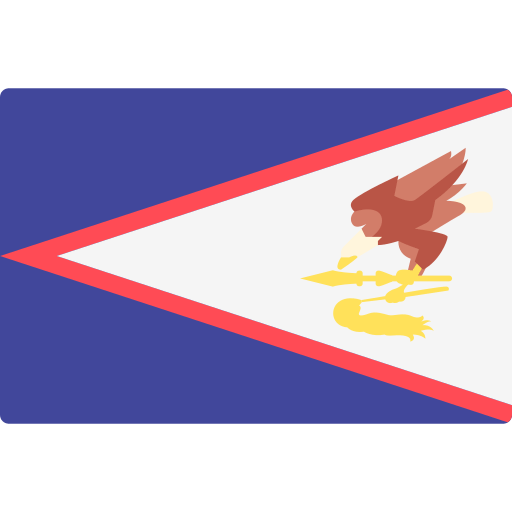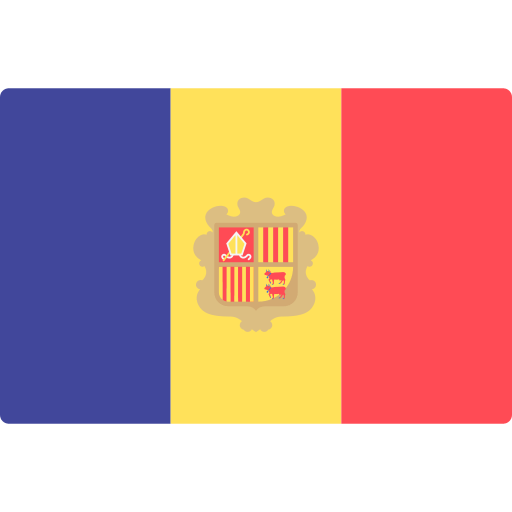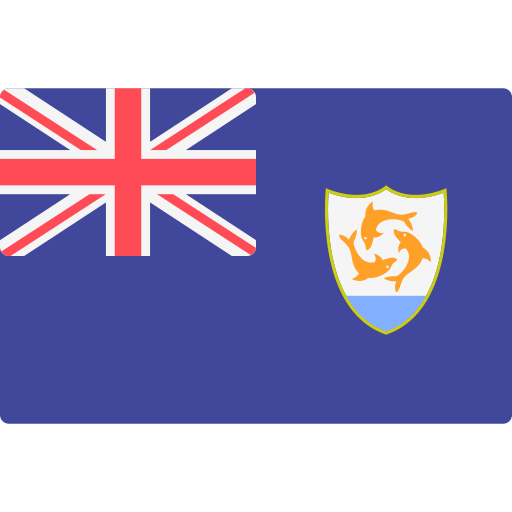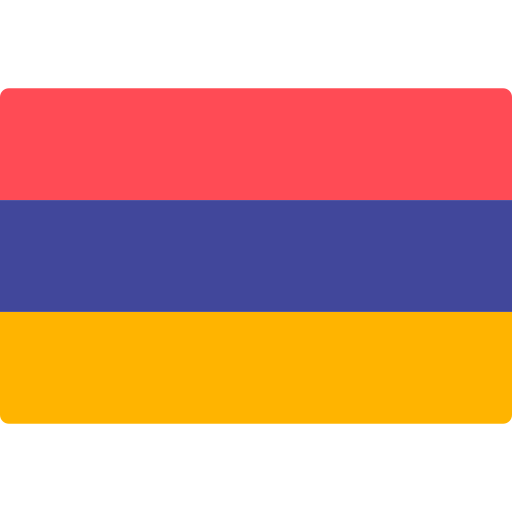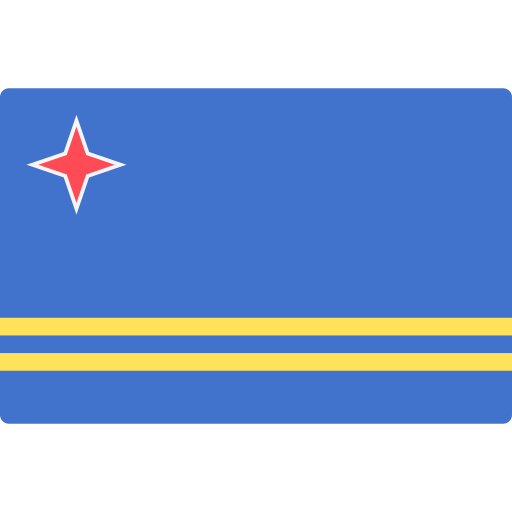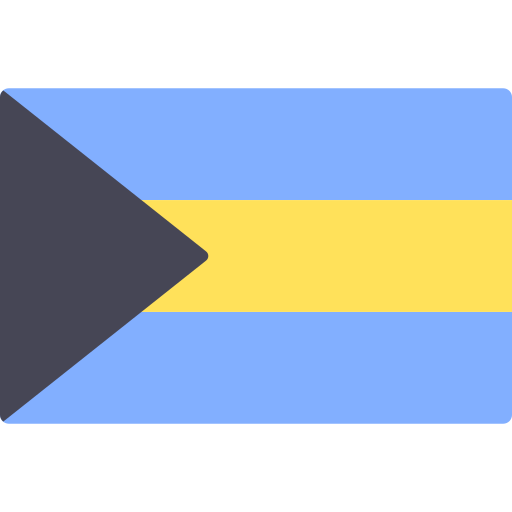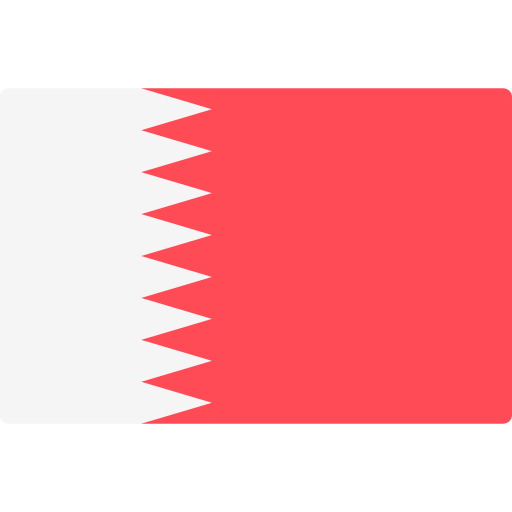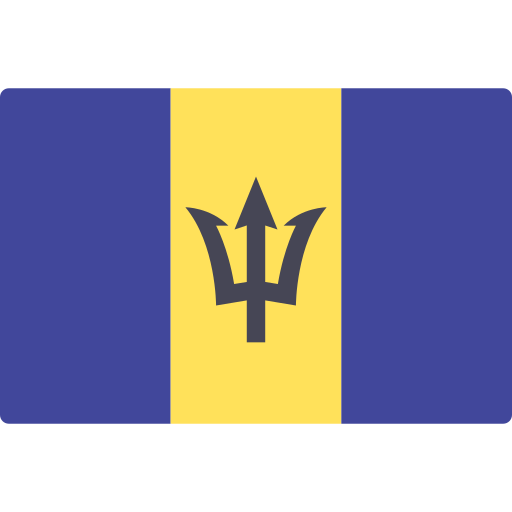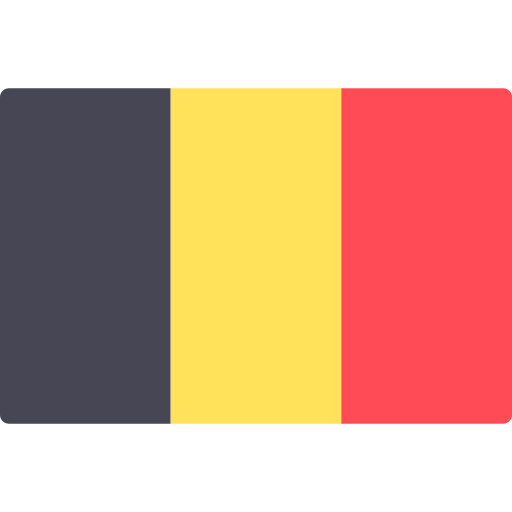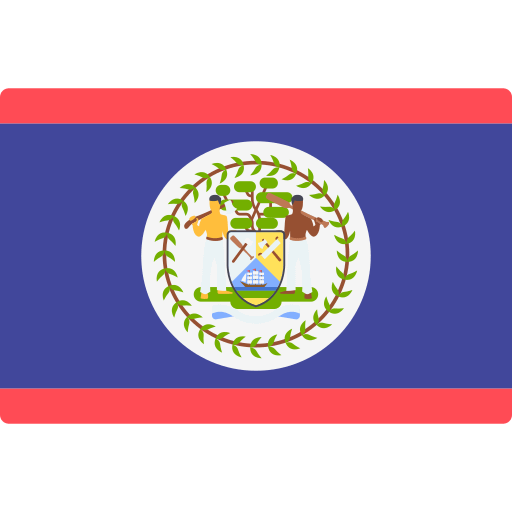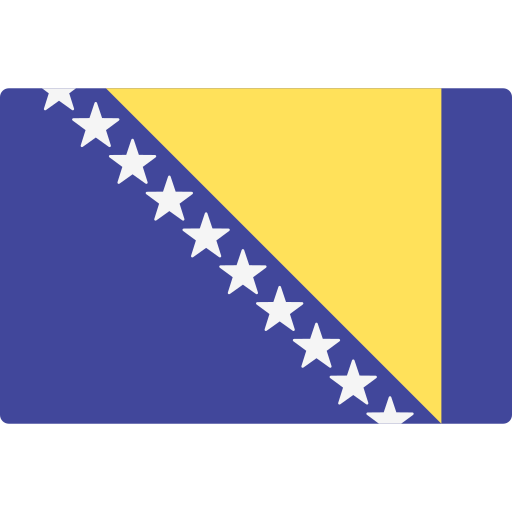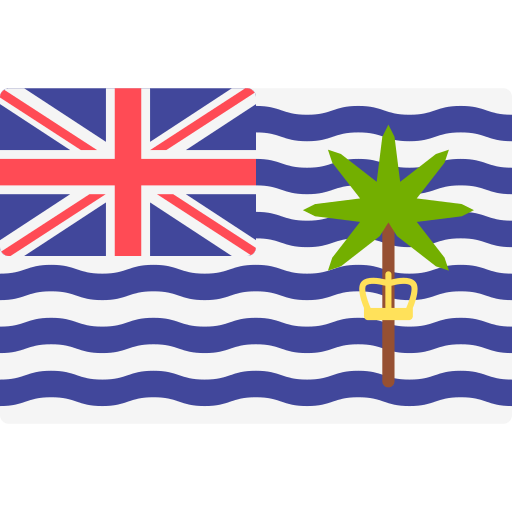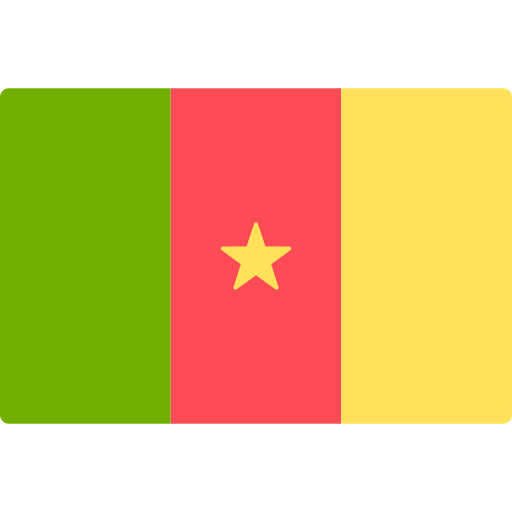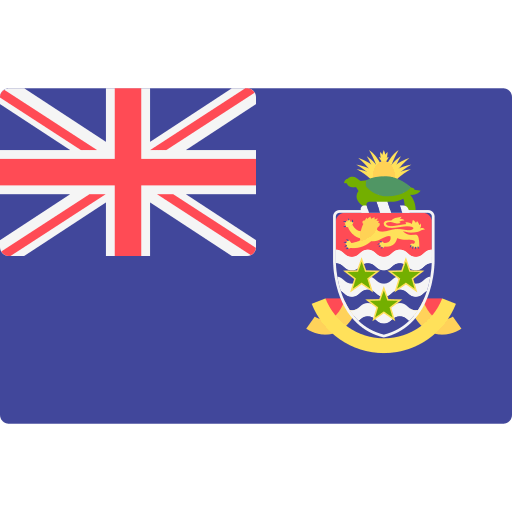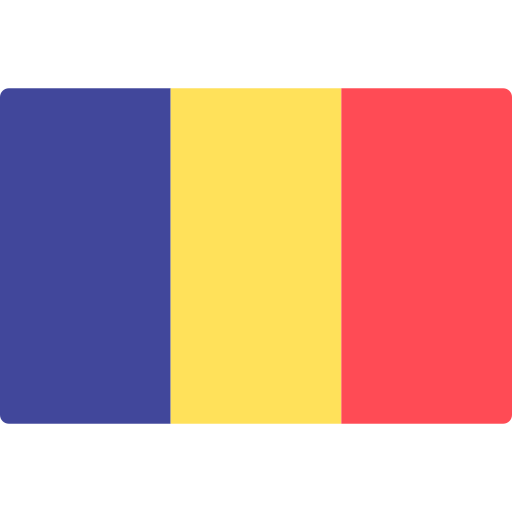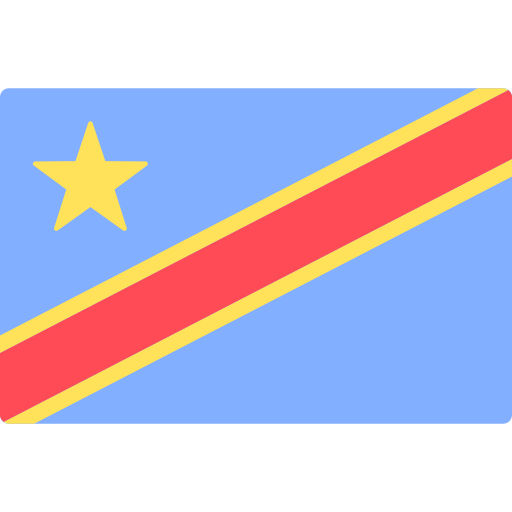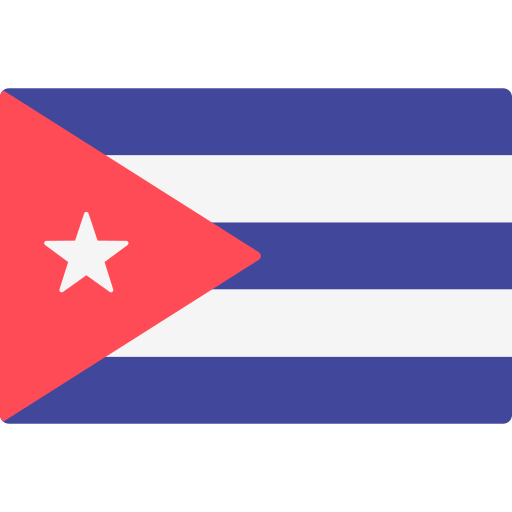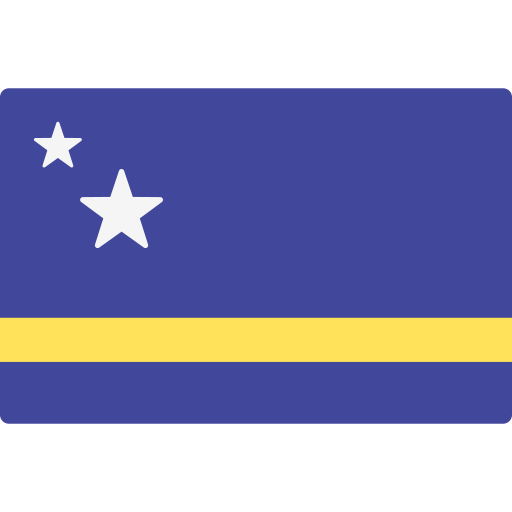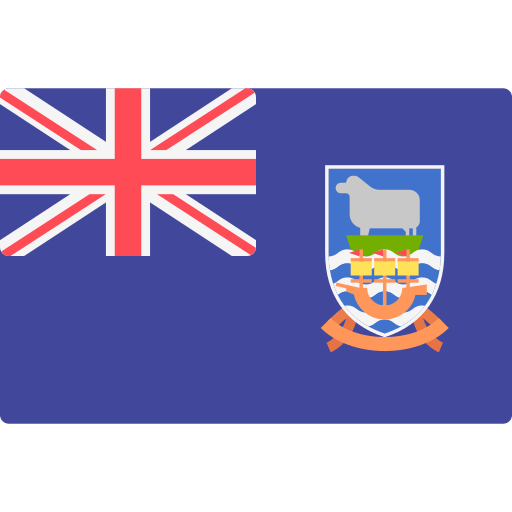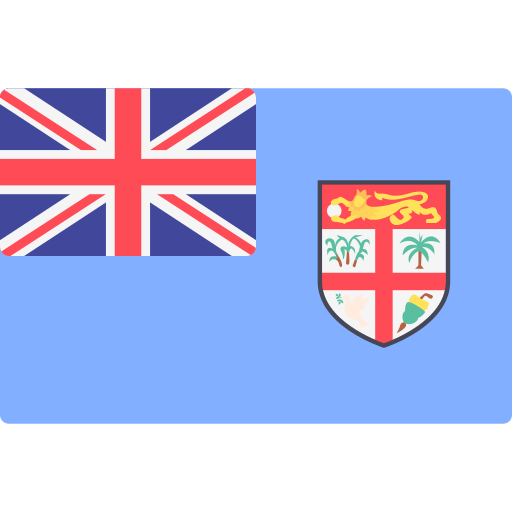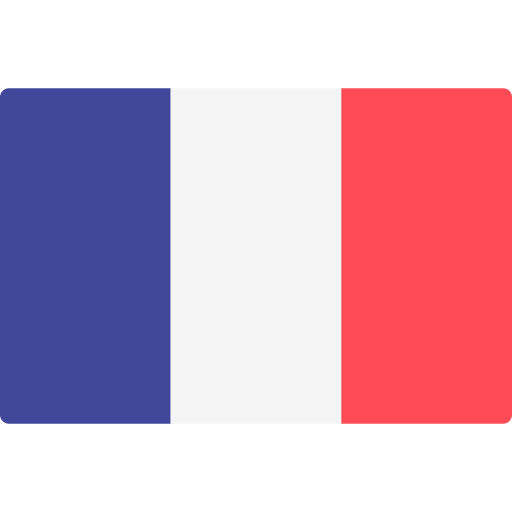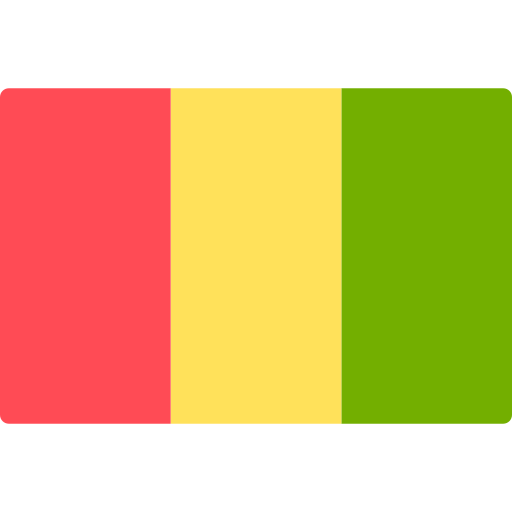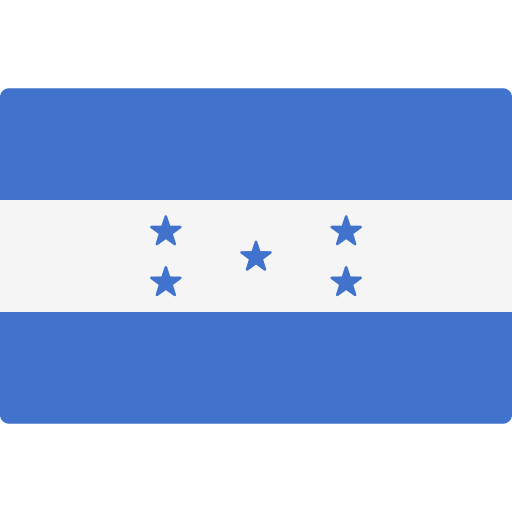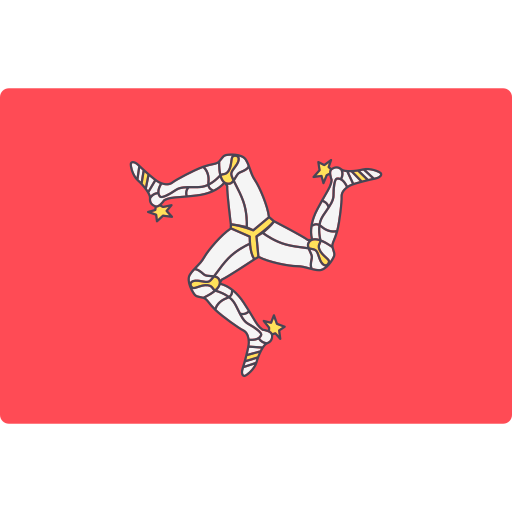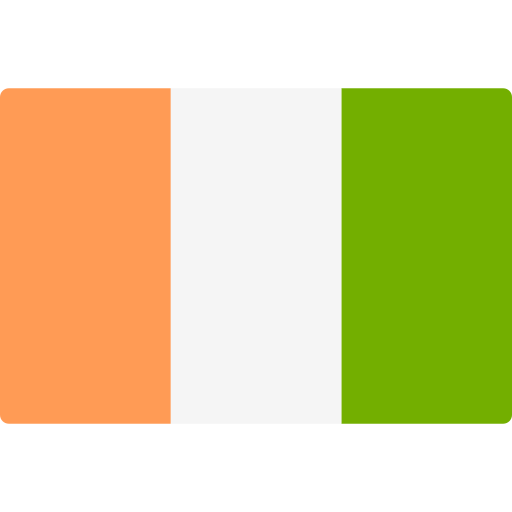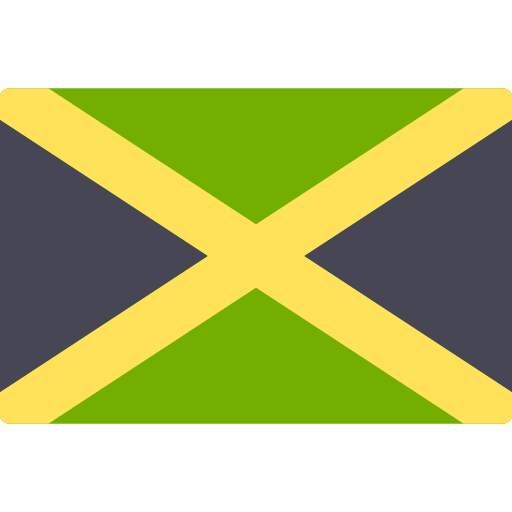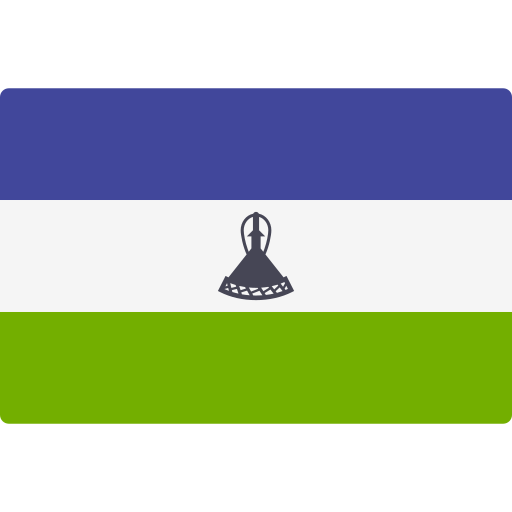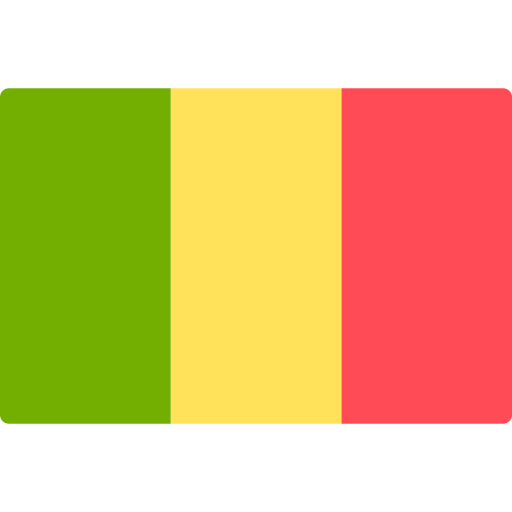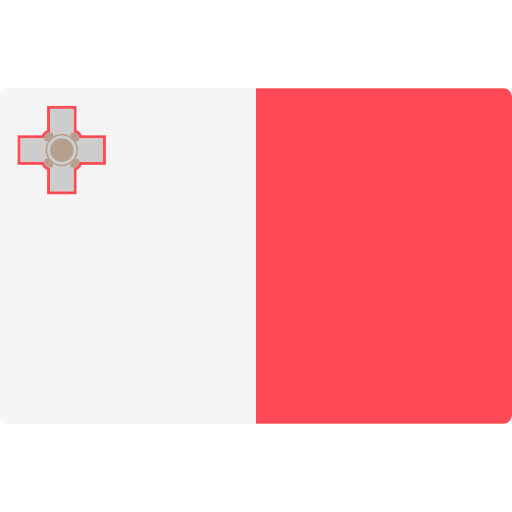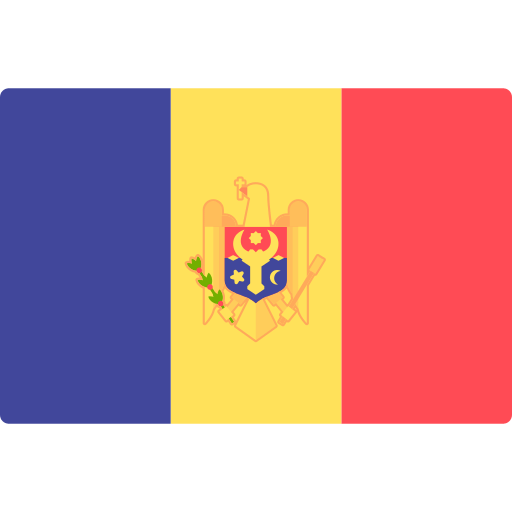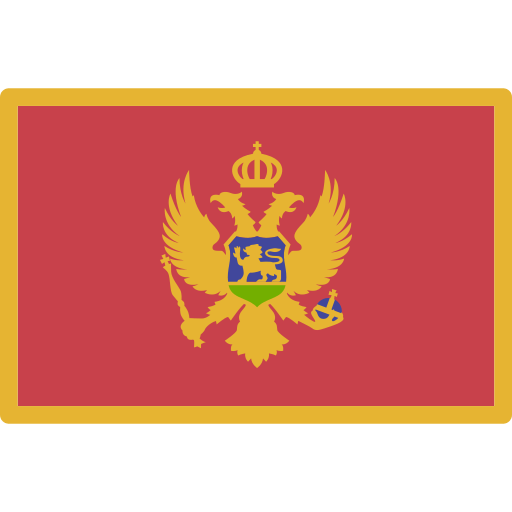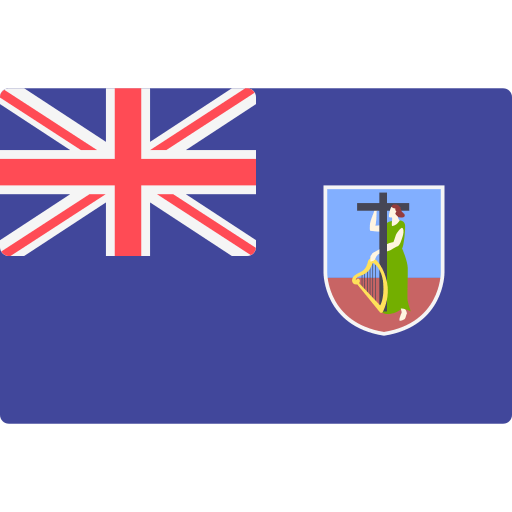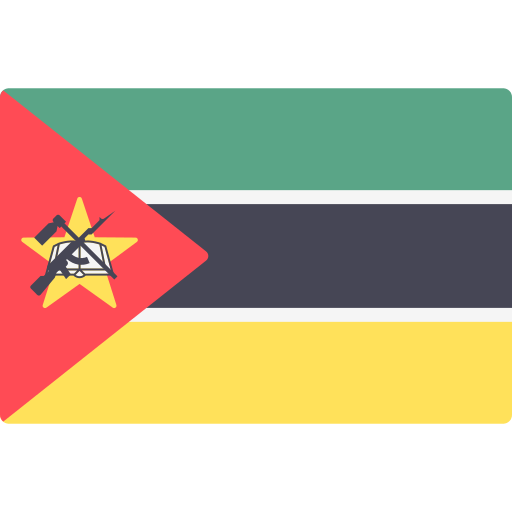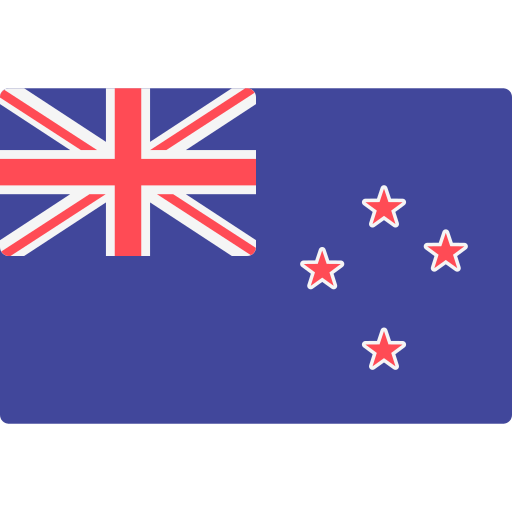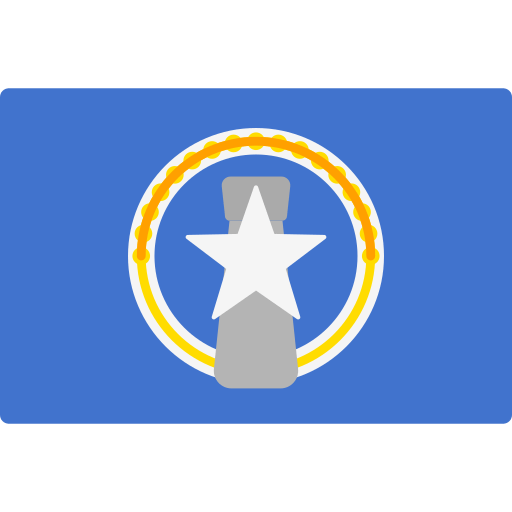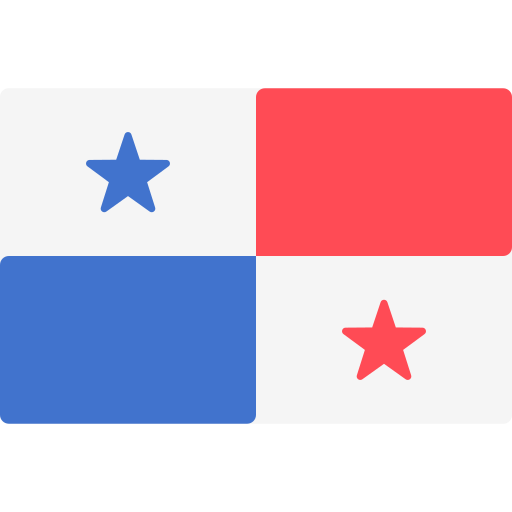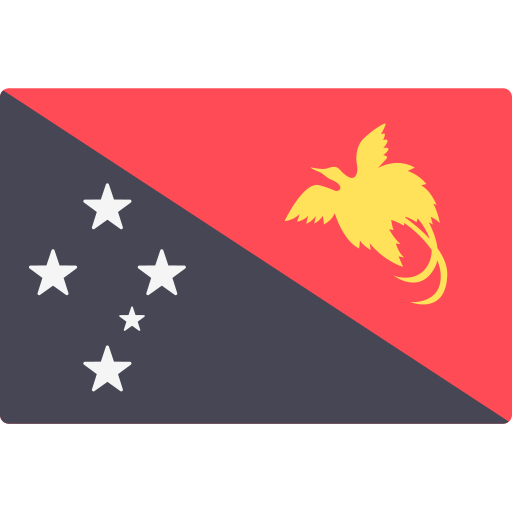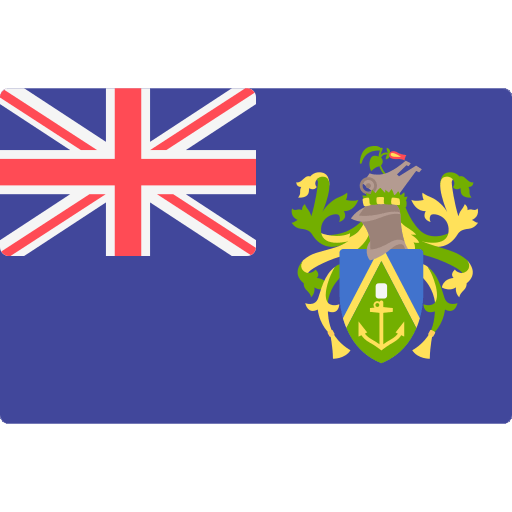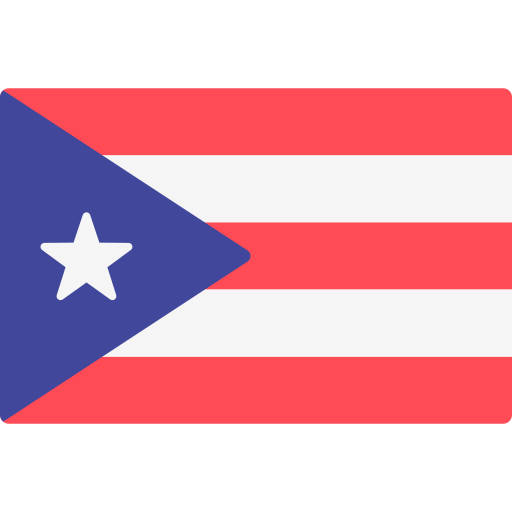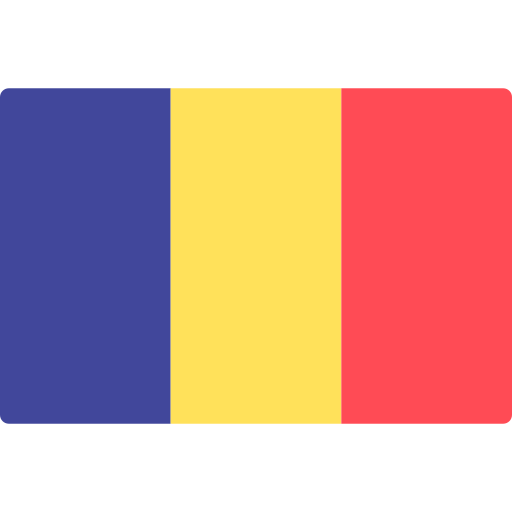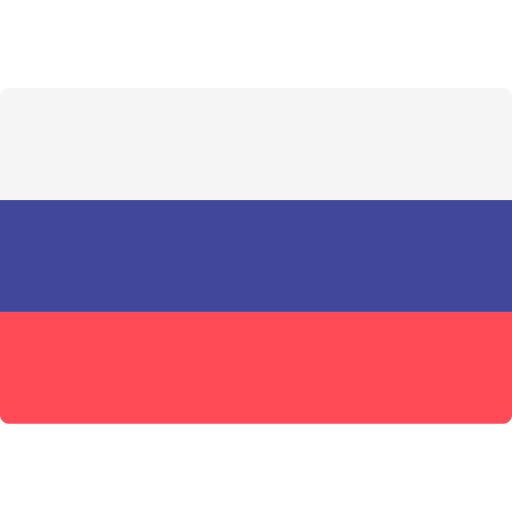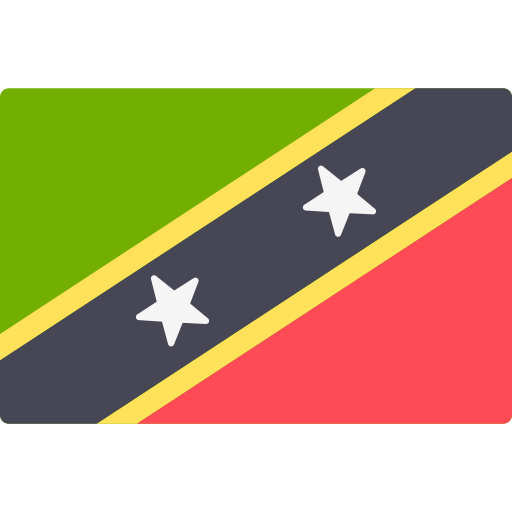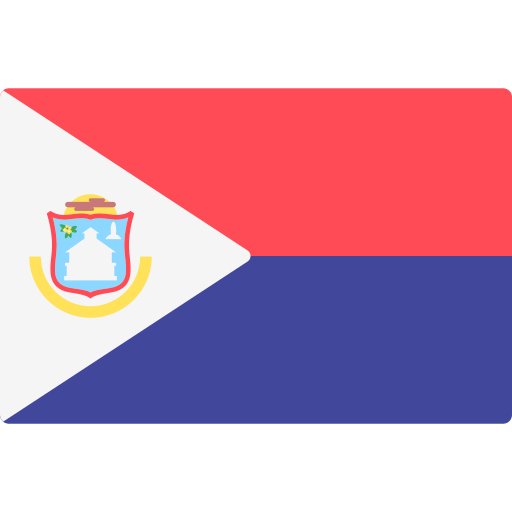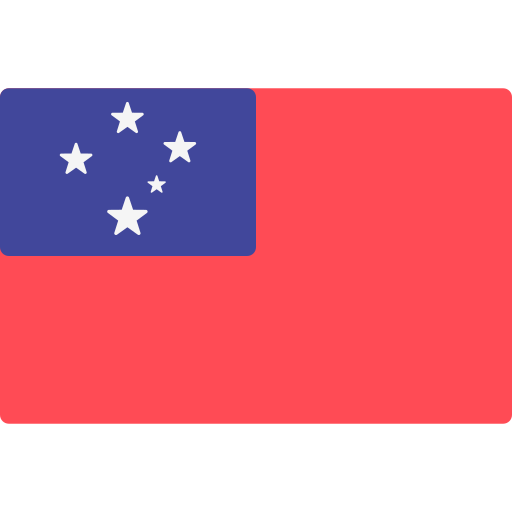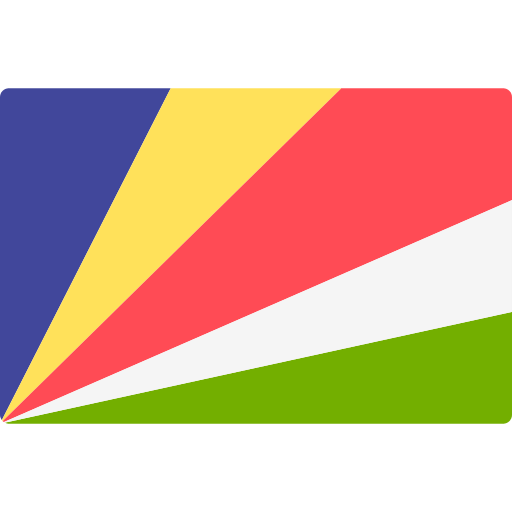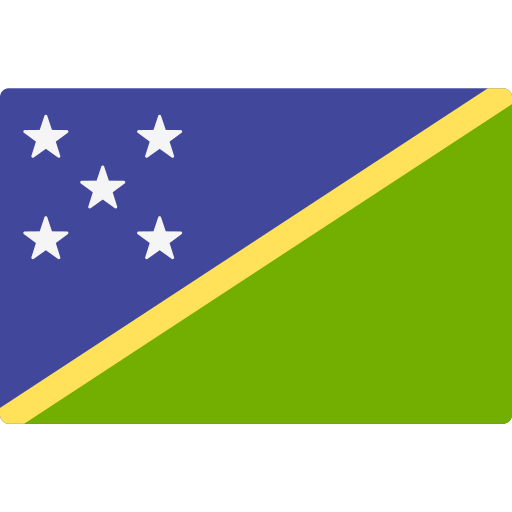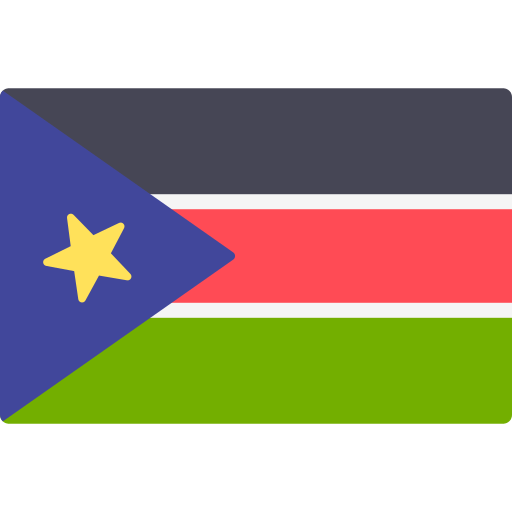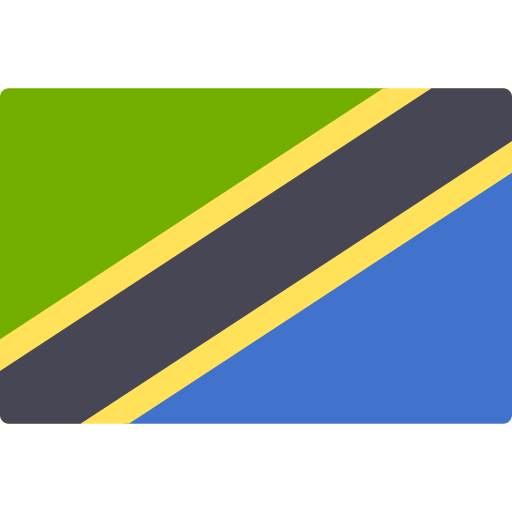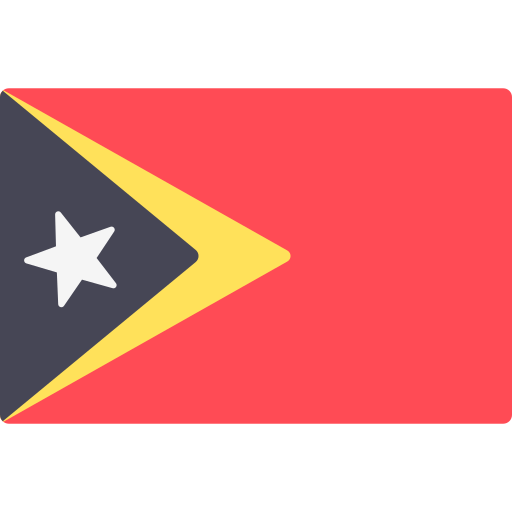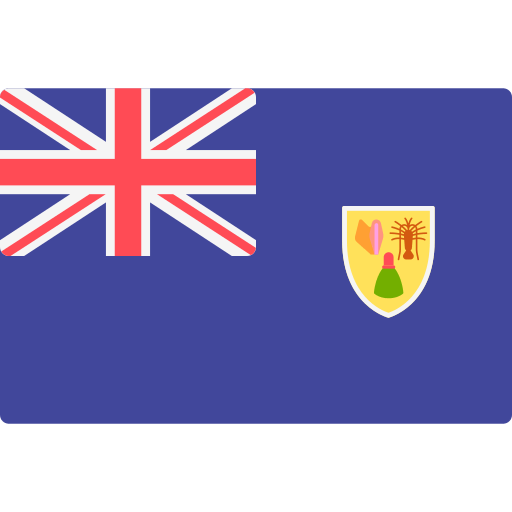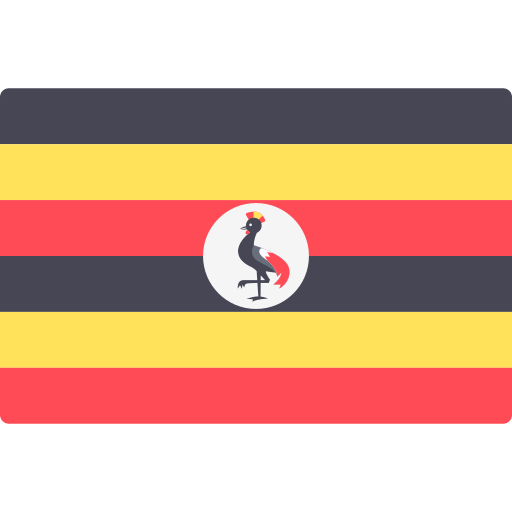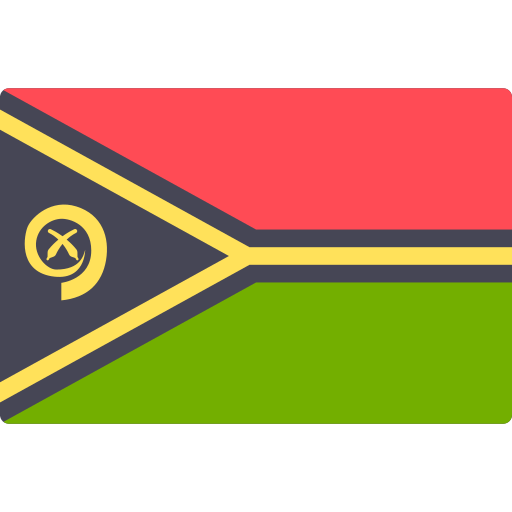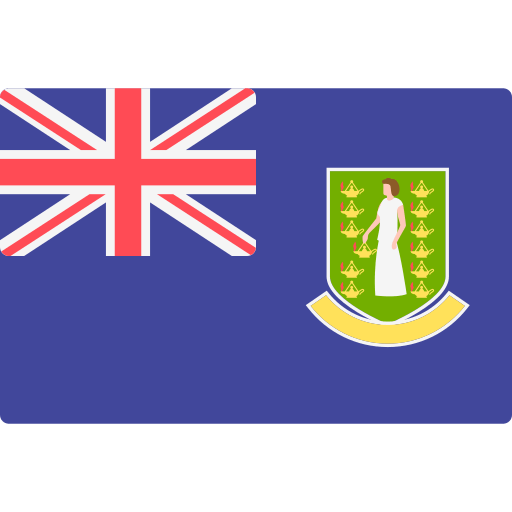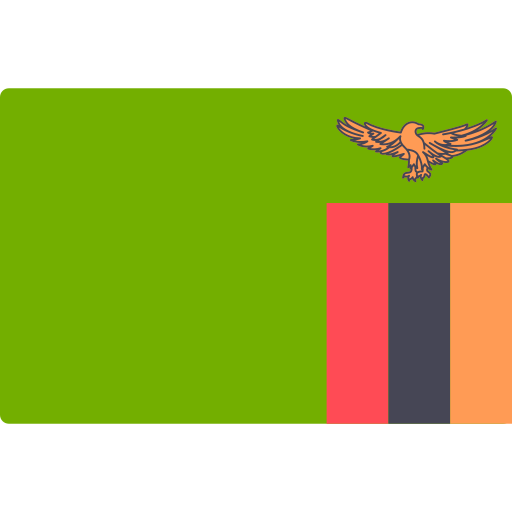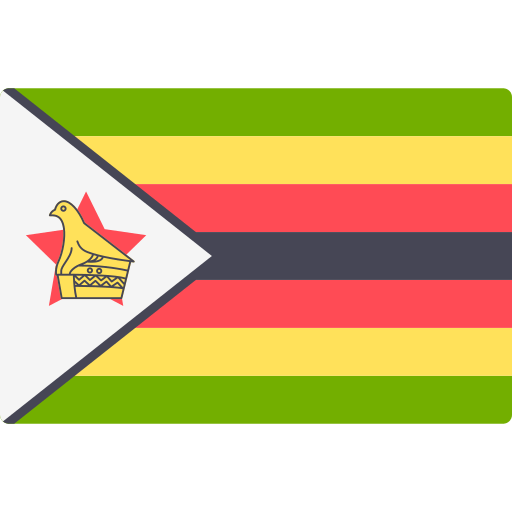One way is to enroll in an online course to get up to speed – and that’s exactly what experienced game audio educator Leonard Paul offers. He’s been teaching game audio since 2001, and is currently running the School of Video Game Audio, offering online game audio courses in Wwise, FMOD Studio, Unity3D and Pure Data.
How do the courses work, what’s happening in the world of game audio education – and what’s needed to stay up-to-date on game audio creation? I decided to have a talk with Leonard Paul to find out:
Hi Leonard, please introduce yourself and how you got started doing courses in game audio:
Hi Asbjoern, many thanks for your invite to share a bit about the School of Video Game Audio with your community.
I started working in video games in 1994 and my first work with game sound was doing graphics and audio coding for a little “easter egg” for NBA Live ’95 by Electronic Arts on the Sega Genesis. If you happen to play the game all the way through the playoffs and lose the finals then you’re sent to a little golf mini-game that I coded. In the early 2000’s, I transitioned out of coding and moved more into composing and sound design for games.

Leonard Paul, at the Audio Engineering Society Education Fair
In film, I was the composer for The Corporation which is Canada’s top-grossing documentary to this date. Now over ten years later, I’m enjoying scoring an exciting new documentary called Beep: A Documentary History of Video Game Music & Sound.
My work in game audio education began in 2001 when I taught a few game audio courses at a private college and I found out that I really enjoyed it.
I feel that teaching is a great way to keep learning and a fun way to connect with people in life
A few years later, I was hired by the Vancouver Film School and started the game audio stream within their sound design programme. Besides the School of Video Game Audio, I teach a bit at the Emily Carr University of Art and Design but with more of a focus more on graphics and interaction utilizing the Pure Data coding environment. I feel that teaching is a great way to keep learning and a fun way to connect with people in life.
Traditionally, a lot of people in game audio have been self-taught. Is that something you see changing these years?
I believe that it takes time for institutions to create courses for emerging disciplines such as video games so the people at the beginning are often either self-taught or transfer their skills from similar domains. At Simon Fraser University I graduated with an Honours in Computer Science and an Extended Music Minor over the course of eight years and had a lot of fun in my studies. As it turned out, I ended up taking many courses that informed my work within game audio but didn’t necessarily set out to do so at the time. Although I’ve spent a good amount of time at university, I don’t believe that having a formal education is in any way a requirement to working in games.
A recent major shift in the game audio industry has been the standardization that middleware such as Wwise and FMOD Studio have created. When I first started teaching game audio you usually learned how to use the audio tool set unique for each gaming platform unless your company had its own cross-platform in-house software. It was quite difficult to teach game audio in these days as access to the tools actually used in professional game audio was quite restricted.
With great middleware we’re able to focus more on the results rather struggling against the technology
Now that middleware companies are allowing widespread access to their technologies it is making it easier to prepare people for the game audio industry. With great middleware we’re able to focus more on the results rather struggling against the technology. I think that the main challenge is to continually push the boundaries of game audio and experiment with new possibilities. I want to push myself to try new things and deepen my experiences in life.
What is the School of Video Game Audio, and what kind of courses do you offer?
The School of Video Game Audio is a set of online courses designed to help people improve their skills in game audio. The courses currently focus on creating demo reels using Wwise, FMOD Studio, Unity3D and Pure Data. The goal of the courses is to help students convey their skills in the best way possible to potential employers through their demo reels.
I feel that a hands-on learning approach is one of the best ways to learn game audio skills so I utilize my experiences in the industry to adjust the courses to reflect how things are currently working in the industry. Since we don’t give grades in our courses, students can customize the course to suit their own needs and we can focus on areas where they would like the most guidance and feedback. So far we’ve had hundreds of students from over 35 different countries join us so I hope that we are also helping to create a community that has a positive effect on the games industry as a whole.
How do you decide what students need to learn on a given course?
The courses at the school are meant to be flexible to adjust to the student’s needs. For example, students that are already currently employed in the industry can skip the demo reel portion of the course and focus more on the middleware itself. Also, for students that have skills in composing can get detailed feedback on how to produce interactive scores while other students can choose to focus on sound design.
Our most successful students already have strong skills in audio and are looking to increase their knowledge of game audio middleware
Currently we do not teach the basics of sound design or composition for games but we are planning courses to help students to learn more introductory game audio skills for the future. Our most successful students already have strong skills in audio and are looking to increase their knowledge of game audio middleware.
Since I have a technical background, I can definitely help anyone who is interested in the basics of coding if they show an interest. Besides learning scripting in our Unity3D course, none of the courses require any coding. I believe that it is very important for a student to learn game audio within a real game so we spend a lot of time keeping our courses up to date with the latest versions of the audio middleware and continually improve the games used to allow for additional game audio implementation.
How does a course work? Can you describe the typical flow? And how much feedback do students get from you?
The current courses are split into two halves with the first month being a selection of videos and quizzes combined with weekly mini-projects. All of the mini-projects are oriented towards the demo reel game requirements. In general, the mini-projects include review of one’s sound design and implementation of footsteps, real-time effects, weapon sounds and monster sounds. For the second half of the course, the student focuses on creating all of the audio content required for their demo reel game.
For students requiring more than the default two month enrollment, our courses can be extended as long as needed by purchasing extra months of time.
The course is specifically designed to allow people with other priorities to learn the information that they need within a relatively short period of time
There are no real-time chats, webinars or other elements of the course that require the student to be at their computer at set times. The course is specifically designed to allow people with other priorities to learn the information that they need within a relatively short period of time.
Students receive as much feedback as they like for any of their projects including the final demo reel. For the demo reel I give very detailed feedback on all elements from the script, picture editing, sound design, composition help, vocal production and whatever else is needed to help them produce the strongest demo reel possible.
The school has recently grown large enough that I needed to find help with reviewing student work and I’ve been very happy to have Viviana Caro join the school in 2014. She brings a wealth of audio and education experience to the team and helps allows the school to reach even more people. It’s exciting to see the school grow and very inspiring to hear back from students that have found contracts and jobs within the industry.
Popular on A Sound Effect right now - article continues below:
-
20 %OFF
-
30 %OFF
-
33 %OFF
What’s your best piece of career advice when it comes to getting into game audio?
Similar to almost anything in life that’s worthwhile, I don’t believe that there’s a shortcut to having a successful career in game audio. I believe everyone’s career path is different so one of the best things I can do is try to offer personalized advice and support. If I had to give general advice, I would say that it’s important to try to be a good person and to do your best to help others. Learning the specific tools in game audio is important but the tools are constantly changing so knowing how to work with others is key. I try to help people in the best way I can during the time that I share with them–this was a core reason why I started the school.
What trends are you noticing in game audio?
The trend that I hope to see is the inclusion of more women in the game audio industry. It’s a very complex issue so I won’t try to offer much comment here but with a 2014 GameSoundCon Game Audio Industry Survey finding that “Game Audio is overwhelmingly male (96%)” we can see that there is a systemic issue in game audio that should be addressed to help achieve a better balance for the future. This issue may be related to today’s relatively low number of women in STEM (Science, Technology, Engineering and Math) and professional audio jobs but could also be related to the climate for women in the games industry as well.
There is a systemic issue in game audio that should be addressed to help achieve a better balance for the future.
I think that we can be inspired by the positive work that is being done in related job industries to improve the balance and work to help improve things in our own field over time as well.
My hope for the school is that we can reach a wide population of people who are inspired to create games that reflect their own unique experiences and culture.
In your experience, what’s the one thing students find hardest in game audio?
I’ve found that students typically feel that the most difficult thing in game audio is dealing with coding and implementation but I feel that the answer is a bit more complex. Learning coding languages is really similar to learning regular human languages except that with coding you’re communicating with a machine. Understanding a bit about how code works is like learning a few phrases from a phrase book–it gives you small insight into what game audio has to offer.
I don’t believe that you need to learn so much code that you’re fluent, but games are an interactive art form and code is often a large part of making a game. It can be difficult getting over the initial challenges of learning how code works but I find that students are really excited once they start to see how it can support their artistic vision.
What are your future plans for the School of Game Audio – and when are your next courses starting up?
We’re starting a new course in Pure Data in March 2015. I’ve been working with Pure Data and games since I first started teaching in 2001 so it’s really exciting for me to be able to offer help to students wanting to learn more about Pure Data.
The course size is limited and can be booked here. The course is OS X & Windows compatible and will focus on using Pure Data from a game audio perspective. Pure Data has recently gained more widespread use directly in games such as Fract OSC by using the LibPD code library.
Leonard Paul, demonstrating how Pure Data is being used to make the generative music and procedural sound design of Sim Cell
LibPD will be featured and I will detail on how I used Pure Data for games such as Sim Cell. Students will be able to change their Pure Data audio content, synthesis, effects, logic and overall implementation behaviours in real-time while the game is running. This is meant to give students exposure and training similar to next-gen audio workflows such as the AMP system used on Rockstar’s GTA V.
Besides our new course, we’re planning a few new ways to help people learn more about game audio that we’ll be revealing over the next year. I’m inspired to hear what happens next in game audio and I’m very happy to be a part of this exciting industry!
Please share this:
-
28 %OFF
-
20 %OFF
-
20 %OFF
-
30 %OFF
-
33 %OFF





